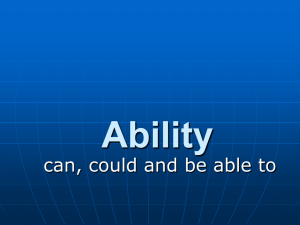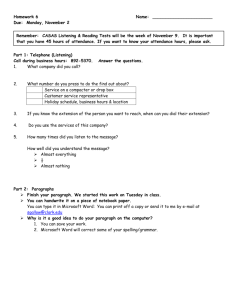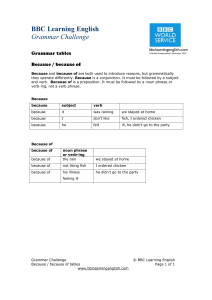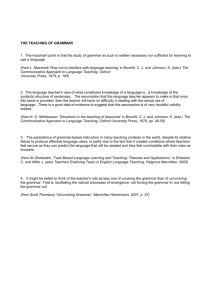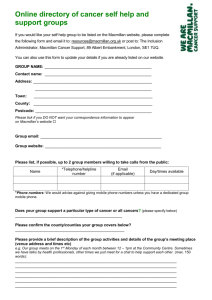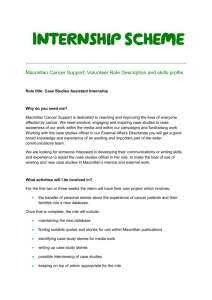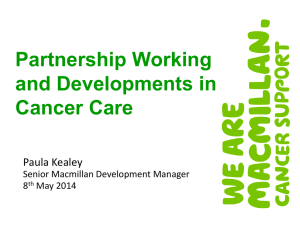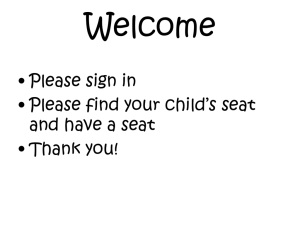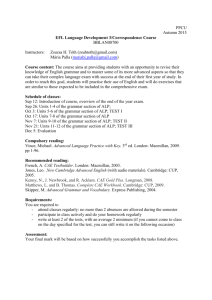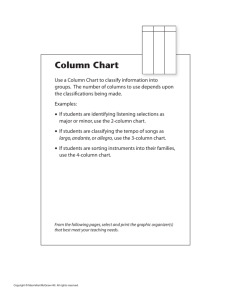Power Point Explanation
advertisement
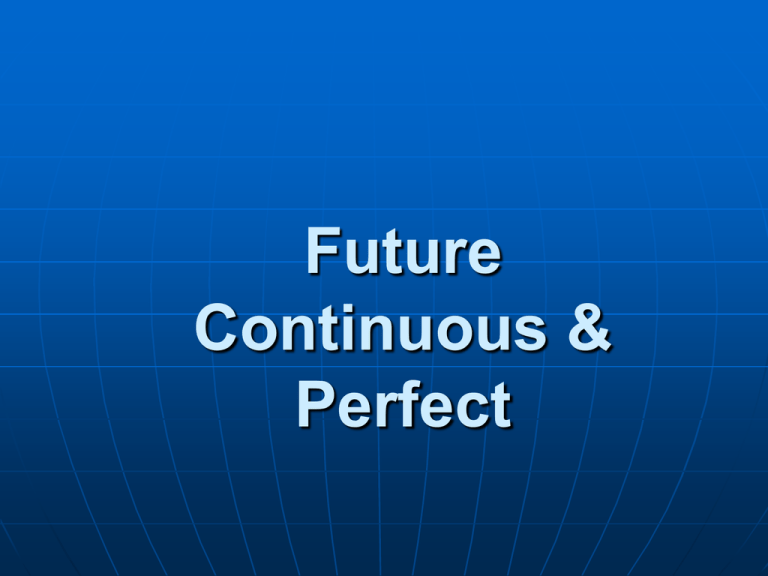
Future Continuous & Perfect Future Continuous will + be + verb-ing This time next week we’ll be sitting on the beach. A: Where do I meet you? B: I’ll be waiting for you outside the cinema. Use Future Continuous to talk about an action that will be in progress at a specific point in the future. At seven o’clock tomorrow I will be playing soccer. Use Future Continuous to talk about planned events, or events that we expect to happen. (Similar to the present continuous for arrangements) I’ll be going to the mall later. Is there anything you need? Use Future Continuous to predict what is happening now. Try phoning the school. He’ll probably still be having lunch. Can you let me know what time you will be arriving? Use WILL to ask extremely politely about future plans. Future Perfect will + have + verb (past participle) By the time we get to the movies, the film will have already started. Use Future Perfect to talk about a completed action or event in the future / to look back from the future to an earlier event, often with BY or BY THE TIME. By June, he will have payed his debt. By May, she will have bought a car. She’ll have looked at a lot of cars by then. Future Perfect Continuous will + have + been verb-ing The party started early. So, by midnight we will have been celebrating for many hours. Use Future Perfect Continuous to say how long an action or event will have been in progress at a specific time in the future. By the time he is eighteen, he will have been learning French for ten years. Bibliography FALLA, Tim. Solutions Upper-Intermediate, Oxford, 2009 FUCHS, Marjorie & BONNER, Margaret. Grammar Express, Longman, 2003 VINCE, Michael. Macmillan English Grammar in Context, Macmillan, 2008 Developed by Kátia Martins Pereira
